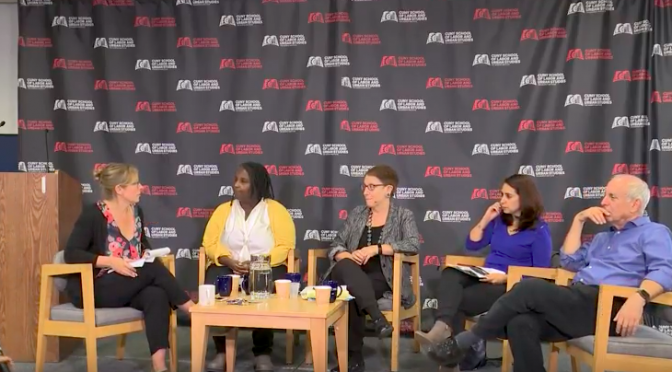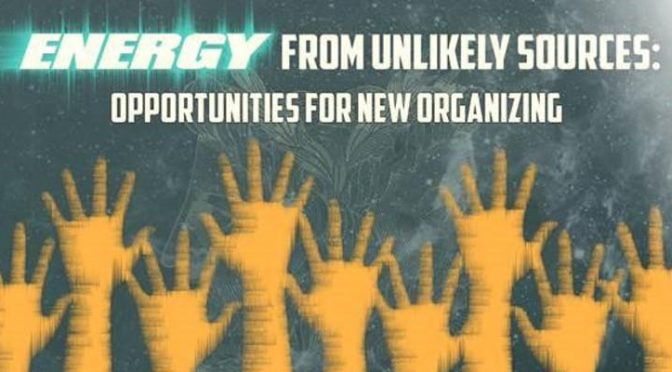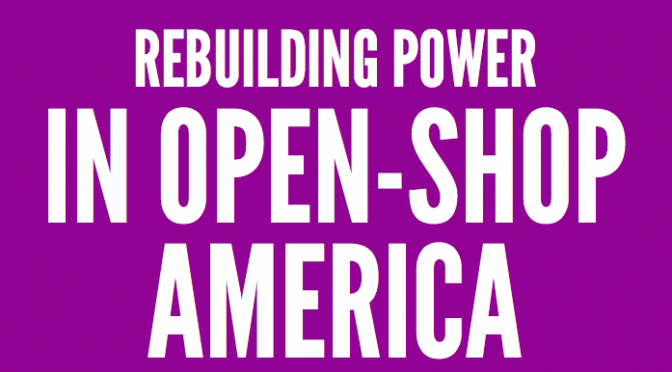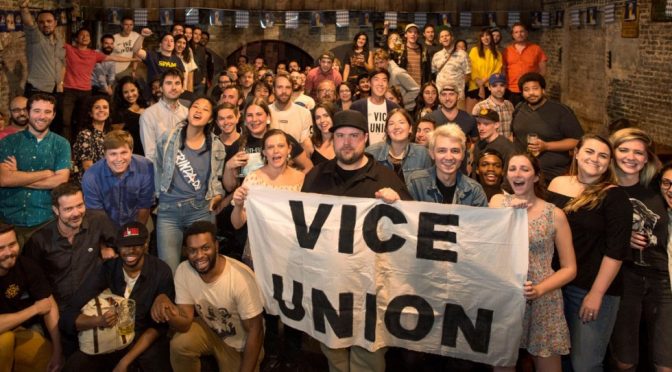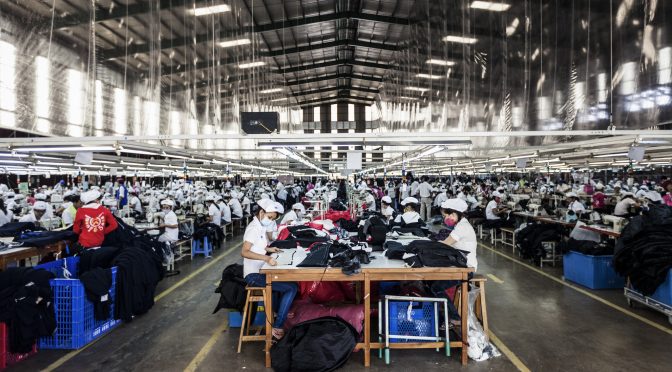When the president starts talking trade protectionism, it can be hard to know how to evaluate his rhetoric. SLU professor Stephanie Luce untangled some of the history and policy particulars of the thorny subject of tariffs for Organizing Upgrade:
Donald Trump voiced the real concerns of many Americans when he spoke of the need to bring jobs to communities and to end unfair trade deals. By blocking the Trans-Pacific Partnership, pushing a re-negotiation of NAFTA, and increasing tariffs on a range of imports, Trump has appeared to finally take seriously the needs of unemployed and underemployed workers. Some unions have been calling for tariffs for years, most notably the United Steelworkers. While Obama ran in 2008 on a promise to renegotiate NAFTA he never did so, and in fact became a relentless proponent of expanding “free trade.” Meanwhile, the Trump administration recently announced details of the draft deal with Mexico, and it appears to contain benefits for U.S. and Mexican workers.
So is Trump the worker’s hero? Will increased tariffs return jobs to the US? The left has been weak on this issue. On the one hand, we need to take economic development and job creation seriously. Workers are suffering. Even though official unemployment rates are low, more and more of the jobs people hold are low-wage, insecure, non-union, and dead-end. The left lacks a real program to address the real concerns of those impacted by trade deals. We need to better understand the history of tariffs and trade, and we need an international vision for economic development.


